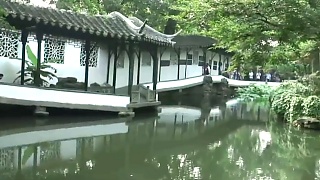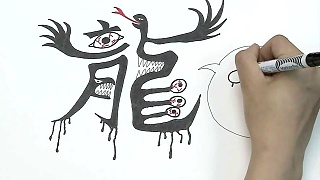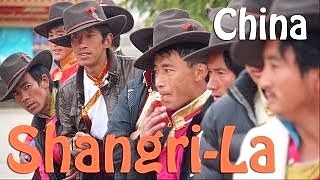China has almost certainly overtaken Japan to become the world's second-biggest economy after state officials dramatically upgraded their estimates for the country's growth last year. According to the World Bank, Japan's annual output was the equivalent of $4.9 trillion last year, but it is expected to shrink by 6.6pc this year. Meanwhile, Chinese officials project that its economy will grow by more than 8pc this year. It means it is likely that China became a larger economy than Japan some time in the second half of this year. Also, soon to be released figures are very likely to show that China is now the world's greatest exporter, taking over from Germany.
Related Videos
Featured Videos
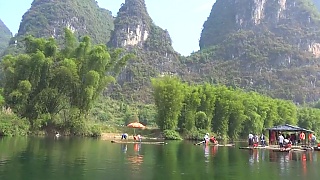
|
Beautiful scenes from GuangXi province ...
|
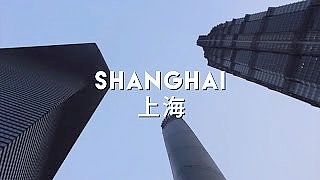
|
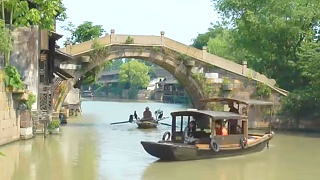
|
WuZhen is an ancient water town.
It can be easily reached by bus or train from SuZhou or HangZhou. It is famous for its blue-dyed fabric.
|

|

|
Fascinating insights into the very varied cuisines of China.
Chinese language, but easy to follow.
|

|
With Tim Chambers ...
By boat :
By e-bike / bicycle :
|
 Chinese economy overtakes Japan to be the world’s second largest
Chinese economy overtakes Japan to be the world’s second largest
